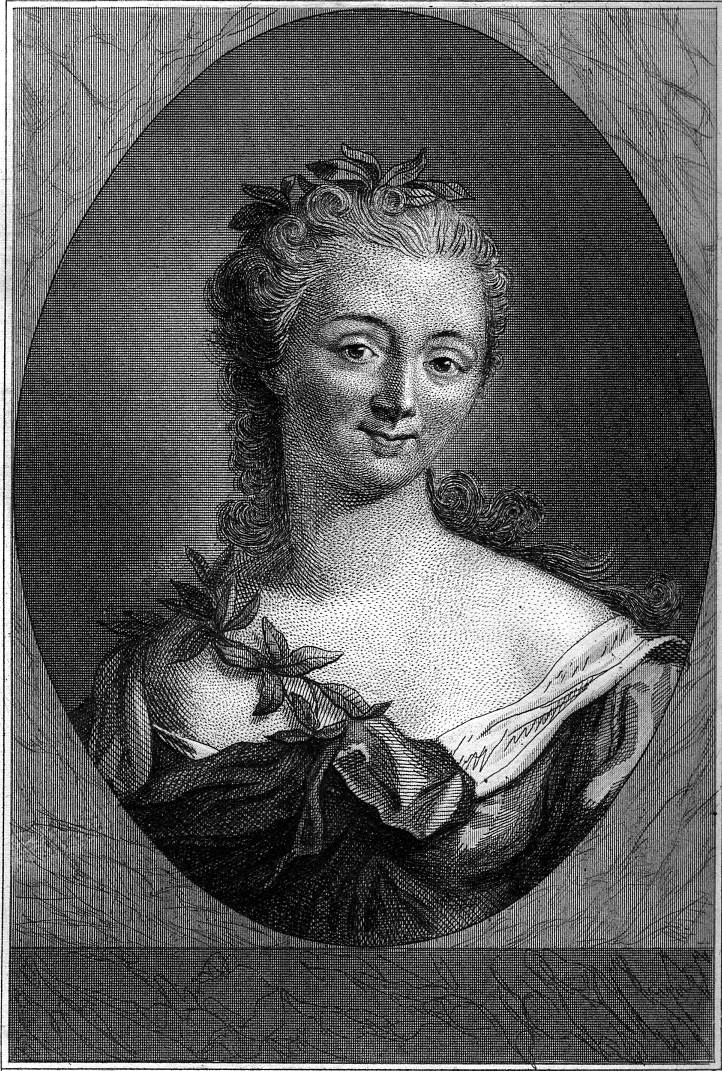You think twenty times you have no more to see…
26 August 2016

Research Intern Blog
I was just finishing up some research documents I have been preparing to hand over to the Stowe House Preservation Trust and the National Trust—going through archives again, making sure I’ve found all the quotations I can, accounting for each source in my bibliography. And I came across something. At just five minutes before end of day today.
That something is a letter from Madame du Bocage about her visit to Stowe. Her letter was in a folder I had already read, and in fact I had already skimmed over her account. I had merely forgotten it. It was recorded in an article transcribed from the March issue of The Stoic in 1939. The article referred to du Bocage as ‘a blue-stocking French lady of the first half of the eighteenth century’ who ‘would not be much remembered today if it were not that a few letters survive which were written to her by the famous Lord Chesterfield’. The article annoyingly did not tell me the date of her visit to Stowe or much about her (indeed, the contextual information was mostly about Lord Chesterfield), so I did a quick internet search for her name. Turns out she has her own Wikipedia page!
Anne-Marie du Boc(c)age was a celebrated playwright and poet of France, praised by Voltaire as the ‘Sappho of Normandy’ for her verse. She visited Stowe in 1750, while travelling elsewhere around England, the Netherlands, and Italy, and memorialized her journey in a volume of letters, mostly to her sister. Not quite as lost to time as The Stoic made out… Curious. Ugh no, I need to stop
John, Viscount Perceval, said of Stowe in 1724, 'You think twenty times you have no more to see, and of a sudden find yourself in some new garden or walk’. The exploration never seems to be complete. There will be countless others like Madame du Bocage, who are hidden among Stowe’s history but have their own intricate and important storylines. It is a truth universally acknowledged among academics that questions and research will never end, but this internship must. (For reals—I need to go home. I haven’t seen my parents and cats in nine months or my sister in five.) And so this internship is over, and I’m moving back to California. I sincerely hope I have helped to shed light onto some of Stowe’s extraordinary history. Thank you.
Image of Anne-Marie du Boccage (engraving by Charles Devrits, 1845; digital copy from Wikimedia Commons) from https://en.wikipedia.org/wiki/Anne-Marie_du_Boccage